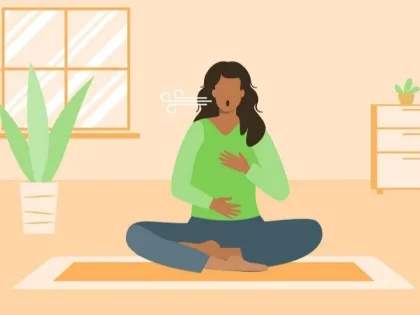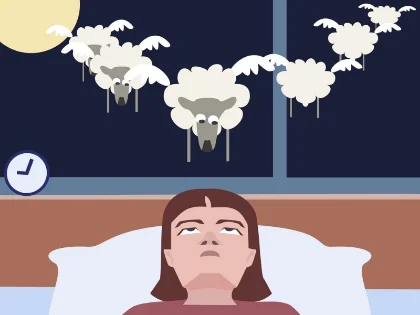Why Am I So Tired But Can't Sleep?
It could indicate a medical or mental health problem if you're exhausted but unable to fall asleep. This can involve leading an excessively caffeinated lifestyle, using stimulant drugs, or suffering from a mental health condition like anxiety or depression.
Hormonal fluctuations, such as those that take place during menstruation or menopause, may also be included. These may result in decreased melatonin synthesis, decreased REM sleep, and nocturnal arousals.
Sleep Habits
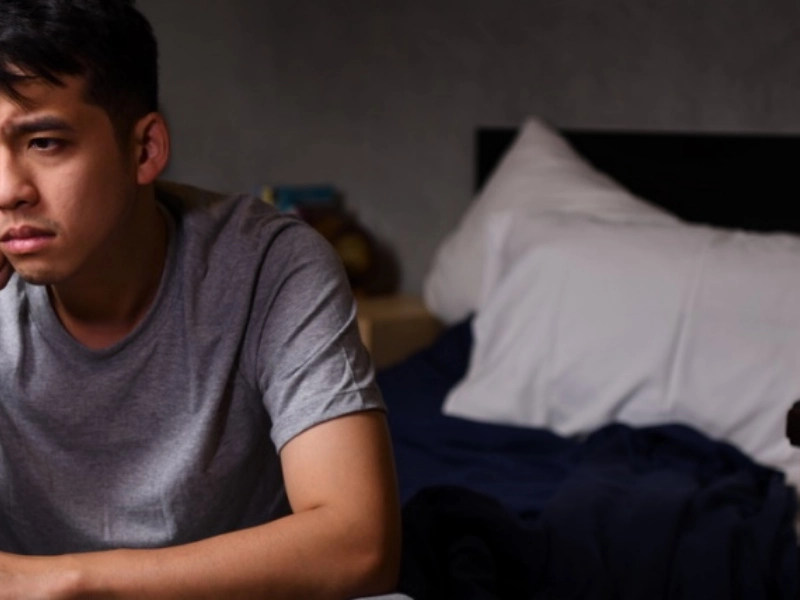
Naps should be brief—less than 20 minutes—because they may disrupt your overnight sleep. It is crucial to link your bed with relaxation rather than activity and tension; therefore, don't use your bedroom for anything other than sleeping and having sex.
Establish a calming nighttime ritual, such as reading a book or listening to music while taking a warm bath. Your brain receives a signal to go to sleep from a regular nighttime routine. Large meals, spicy foods, and caffeine should be avoided in the hours before night. Alcohol use and excessive exercise right before bed can also disrupt your sleep. See your doctor if you attempt these suggestions and still discover that you have trouble falling asleep. Treatment may be necessary for an underlying illness or sleep issue you may have.
Circadian Rhythm
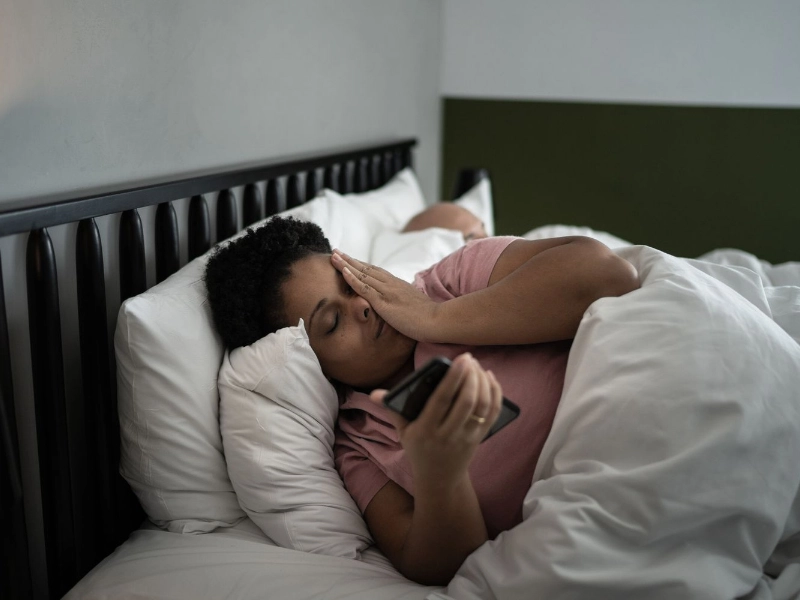
Your circadian cycle may be disrupted, which can lead to difficulty falling asleep or fragmented, poor-quality sleep. An irregular sleep-wake pattern may also be a factor in low energy and making bad choices during the day.
Your circadian rhythm may be briefly disrupted by shift employment, travel, or irregular weekend bed or waking times, or it may be chronically disrupted by a medical condition such as obstructive sleep apnea. Find out more about how crucial it is to stick to a regular sleep pattern here.
Stress
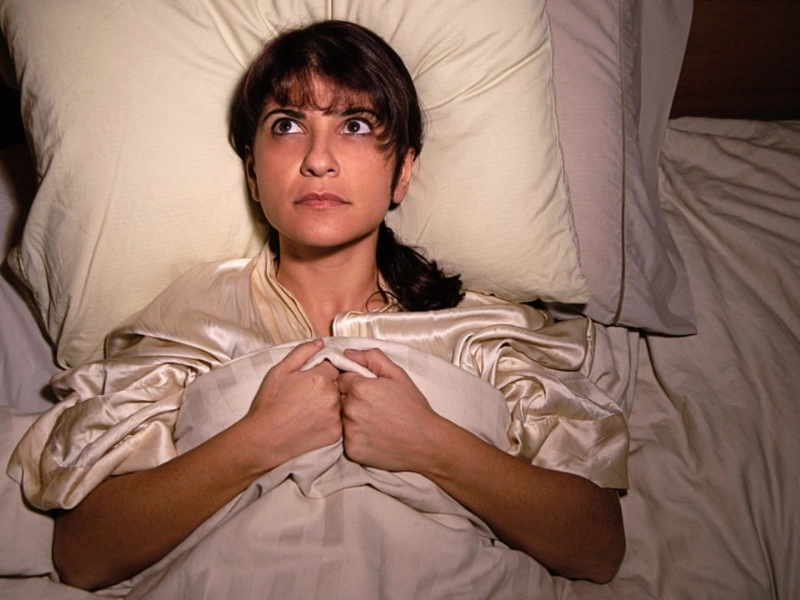
Stress can be beneficial in brief spurts, such as when you're anxious before a date or your heart races while watching a terrifying movie. But it can be uncomfortable and harmful if it persists for a long time or if it becomes chronic.
Hormones known as the "fight or flight response" are released when you're in a stressful scenario; these chemicals heighten senses, heartbeat, and breathing, as well as tighten muscles. Sleep disturbances may arise from this hypervigilant condition. Additionally, it disrupts the normal 24-hour cycle of your body's internal clock, leading to an increase in cortisol levels at night instead of a decrease to allow melatonin, a hormone that promotes sleep, to take its place.
Hormones
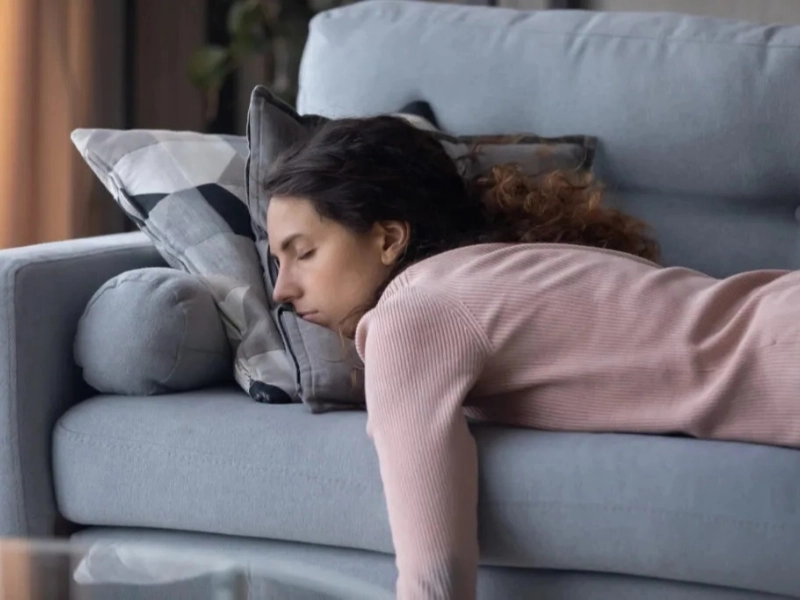
Hormone imbalances can have detrimental effects on one's health. Because of this, it's crucial to visit your doctor for a full physical and blood workup, particularly if you're exhausted but unable to fall asleep.
Winter adds that it's crucial to go through your entire prescription regimen because certain drugs, especially stimulants, diuretics, and analgesics, might make it difficult to fall asleep. Additionally, you can be iron deficient, which can lead to exhaustion by impairing your blood's ability to carry oxygen to your tissues.
Anxiety
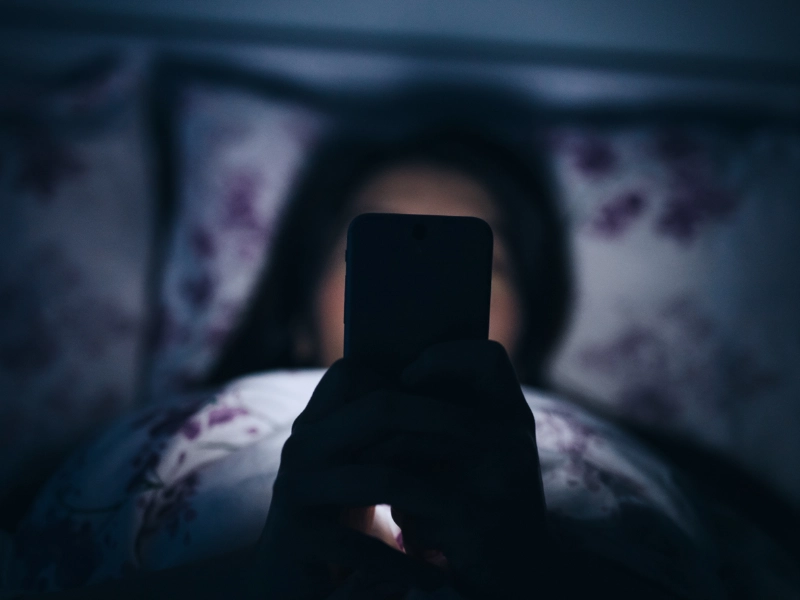
Numerous risk factors, such as traumatic events, long-term medical issues, and early hardship, are linked to anxiety disorders. Individuals from underprivileged socioeconomic backgrounds are also more vulnerable.
Naturally, cortisol, the stress hormone, rises during the day and then falls in the evening to make room for melatonin, the hormone that induces sleep. However, nocturnal anxiety upsets this equilibrium, making it appear as though you are incapable of falling asleep, regardless of how exhausted you are.
Cognitive behavioral therapy (CBT), one type of psychotherapy, can help lessen anxiety symptoms. Additional therapies could involve using acupuncture or psychotherapy in addition to medicine.
